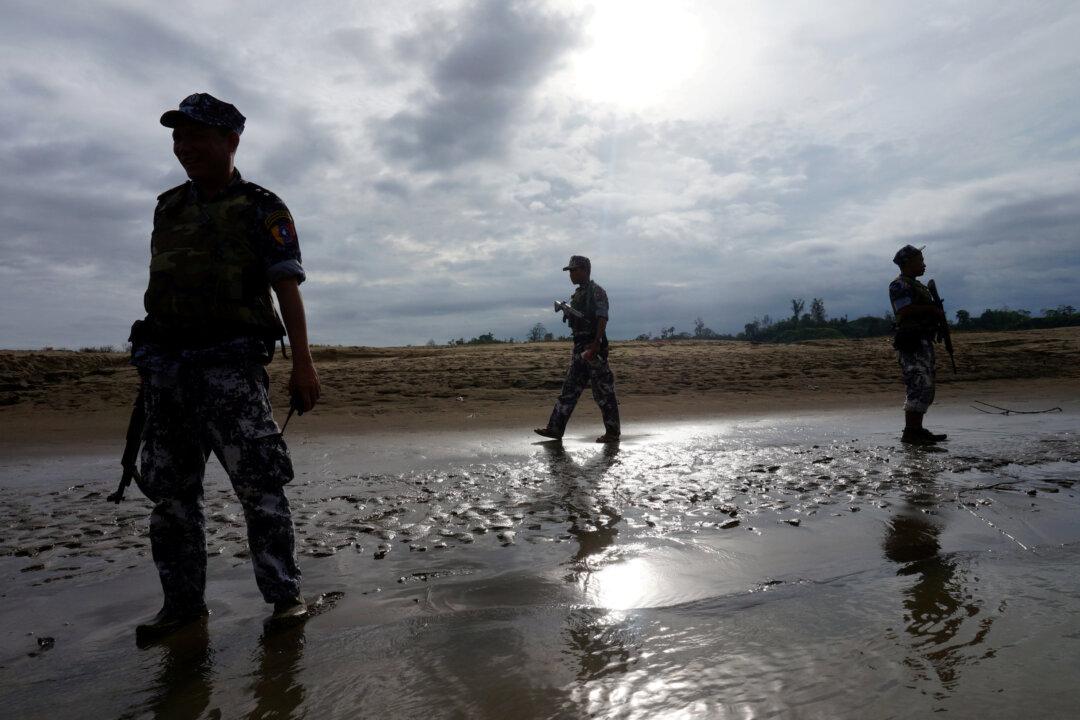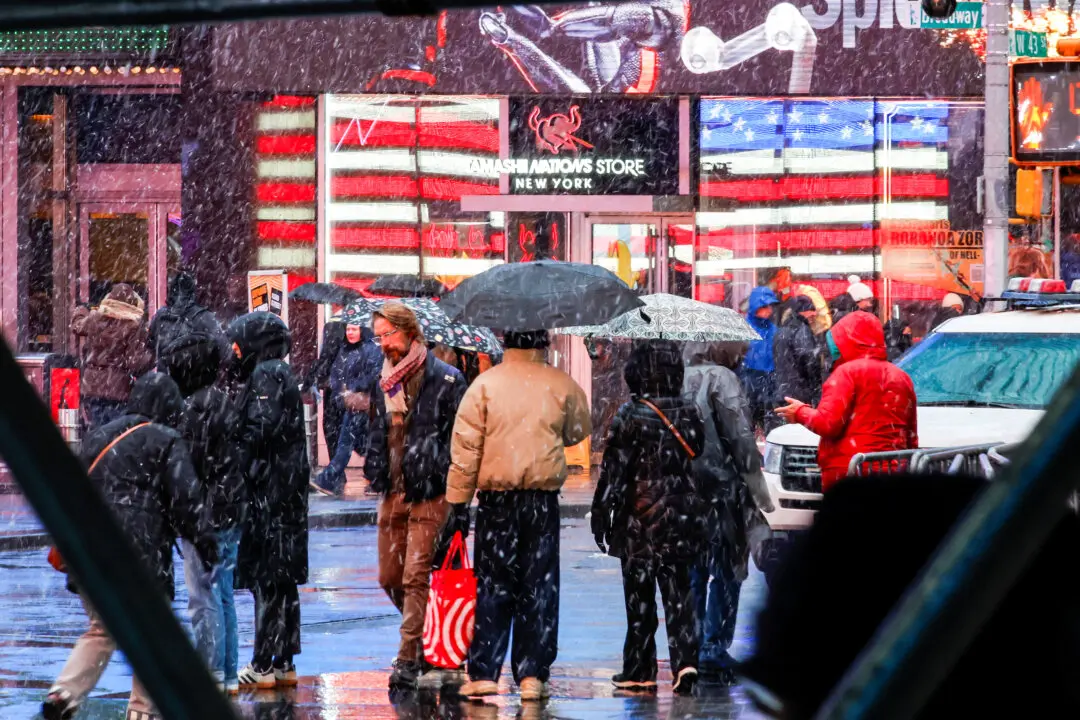Muslim insurgents in Burma staged a coordinated attack on 30 police posts and an army base in Rakhine state on Friday, and at least 59 of the insurgents and 12 members of the security forces were killed, the army and government said.
The fighting - still going on in some areas - marked a major escalation in a simmering conflict in the northwestern state since last October, when similar attacks prompted a big military sweep beset by allegations of serious human rights abuses.





